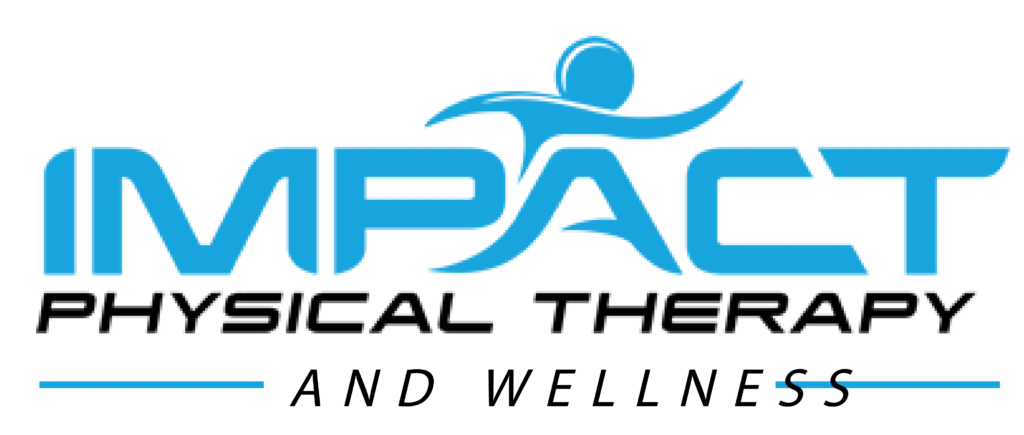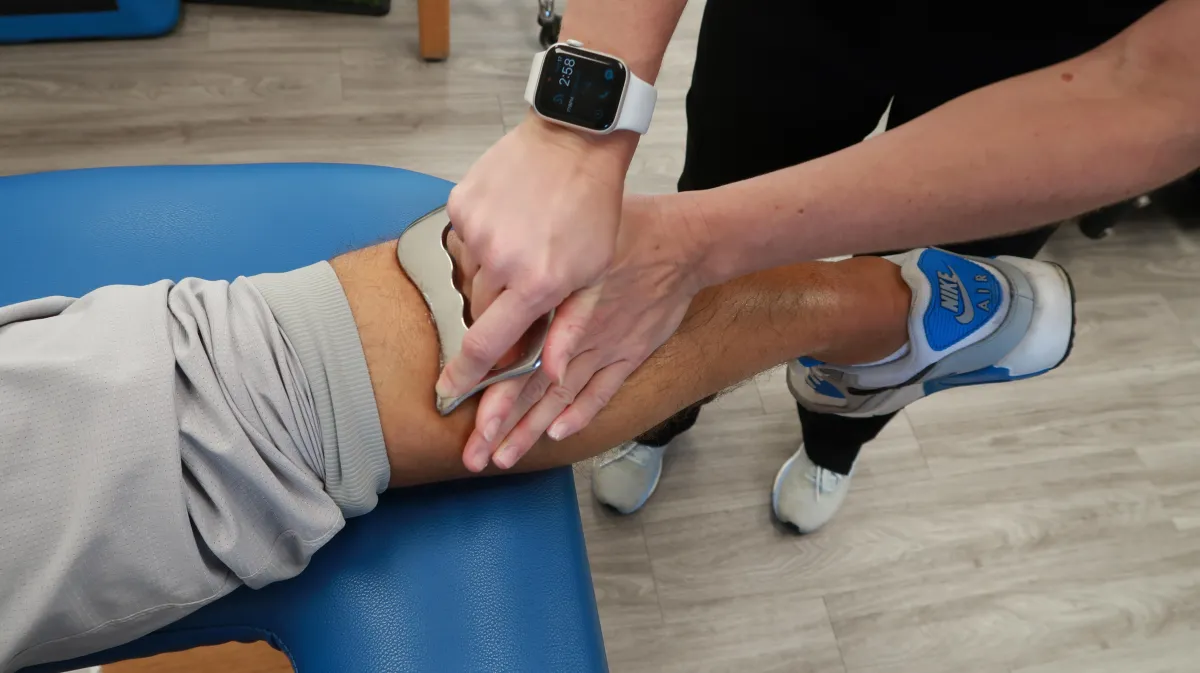
Welcome to Our Blog

How Physical Therapy Can Help with Adhesions
How Physical Therapy Can Help with Adhesions
Physical therapy is one of the most effective treatments for managing and breaking down adhesions. By using a combination of manual therapy techniques, stretching, and targeted exercises, physical therapists can help reduce pain, restore mobility, and prevent adhesions from becoming a chronic issue.
Here’s how physical therapy can help:
1. Manual Therapy
Manual therapy techniques, such as myofascial release and soft tissue mobilization, are designed to target adhesions directly. During these hands-on treatments, the therapist applies pressure and stretches the affected tissues to break up scar tissue and release adhesions. This improves blood flow, reduces stiffness, and restores the normal gliding motion of tissues.
2. Stretching and Flexibility Exercises
Adhesions can cause muscles and joints to become stiff and less flexible. A physical therapist will guide patients through stretching exercises to help lengthen the tissues and increase their range of motion. This helps prevent the formation of new adhesions and keeps the affected area flexible.
3. Strengthening Exercises
Strengthening exercises are often part of a comprehensive treatment plan for adhesions. By improving muscle strength around the affected area, patients can reduce tension on the adhesion and improve overall function. Stronger muscles also help support joints and prevent further injury.
4. Posture and Movement Education
Poor posture or improper movement patterns can contribute to the development of adhesions, especially in individuals with repetitive strain injuries. Physical therapists can teach proper body mechanics and movement strategies to reduce strain on muscles and joints, preventing future adhesions from forming.
5. Scraping Therapy (Instrument-Assisted Soft Tissue Mobilization)
Scraping therapy, also known as Instrument-Assisted Soft Tissue Mobilization (IASTM), involves using specialized tools to “scrape” over the skin and affected tissues. This technique helps break down adhesions, loosen scar tissue, and increase blood flow to the area. The scraping motion encourages tissue healing, reduces stiffness, and can help restore normal movement. It’s particularly useful for areas with dense scar tissue or deep adhesions.
Benefits of Physical Therapy for Adhesions
Physical therapy offers several key benefits for those dealing with adhesions:
• Non-Invasive Treatment: Physical therapy provides a non-invasive approach to breaking down adhesions, avoiding the need for additional surgery or medication.
• Pain Relief: By reducing the restrictions caused by adhesions, physical therapy can help relieve chronic pain and discomfort.
• Improved Mobility: Breaking down adhesions restores the normal function of muscles, joints, and connective tissues, allowing for improved flexibility and range of motion.
• Prevention of Future Adhesions: Through targeted exercises and education on proper movement, physical therapy can help prevent the recurrence of adhesions, promoting long-term healing.
Conclusion
Adhesions are a common issue that can cause pain, stiffness, and restricted mobility, but physical therapy offers effective treatments to address these concerns. By breaking down scar tissue, improving flexibility, and restoring normal movement patterns, physical therapists can help individuals recover from the effects of adhesions and improve their overall quality of life.
If you’re experiencing pain or stiffness from adhesions, the team at Impact Physical Therapy can develop a personalized treatment plan to help you regain mobility and reduce discomfort. Contact us today to learn more about how physical therapy can help you overcome adhesions!
At Impact Physical Therapy, we focus on YOUR entire system
to not only identify the source of your symptoms, but to also treat the root causes of your shoulder pain.
We have helped hundreds of patients just like yourself avoid surgery, and pain killers by providing a hands on approach. Whether you have tried physical therapy somewhere else, have had pain for years, use pain killers or have tried EVERYTHING …. WE CAN HELP YOU.
Get in for a Free Consultation and let us show you why hundreds of patients have succeeded and now live a happy and active life.
Become one of the hundreds of patients that we have helped get back to an active life!
Why Impact Physical Therapy?
At Impact Physical Therapy, we focus on your entire movement system to not only identify the source of your symptoms, but to also treat the causes of your shoulder pathology.
We feel so confident that you will love the experience – this is why we have a 100% satisfaction guarantee!
Become one of the hundreds of patients that we have helped get back to an active life!
What to Expect from Us:
One-on-one care with a Doctor of Physical Therapy
Individualized plan of care
Innovative techniques such as cupping, dry needling, and kinesiotape
Easy lines of communication
Fast results
Friendly environment where everyone knows your name
Clean, fun and memorable